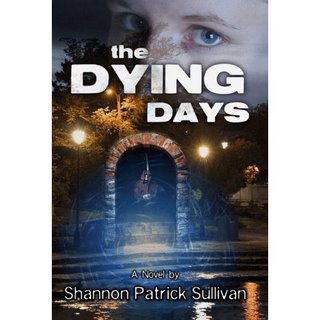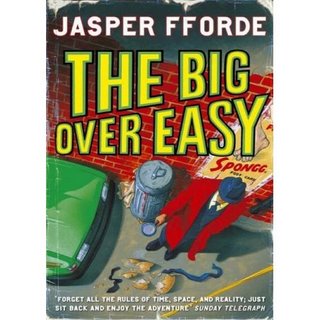Around the World in 80 Dates, by Jennifer Cox

The premise of Around the World in 80 Dates is irresistible. Jennifer Cox, a divorced, late-thirties travel writer, tires of her unsuccessful love life and busy work life in London, and decides to go on a round-the-world trip to meet her Soul Mate, setting up (roughly) 80 dates with men in different countries along the way. Fortunatly, Cox writes with just the right tone of breezy, self-deprecating humour to keep this admittedly narcissisitc adventure from becoming cloying or annoying.
80 Dates is really a memoir that does four things at once. First, it tells the story it purports to tell: Jennifer's world trip and the 80 (give or take a few) guys she dates along the way. Second, it explores the concept of true love and finding a "soul mate" -- several of her "dates" are actually more for the purpose of exploring the other's persons ideas about love and relationships than they are about finding a potential partner for herself. Third, Jennifer Cox never forgets she's a travel writer: there are fascinating descriptions of nearly every place she visits, including the Burning Man festival in the US, where she meets ... well, I'll let you read that part. But I won't be giving away more than the dedication does if I tell you that, fourth, this book is also a love story. It's one thing to circle the world looking for a soul mate, but what do you do if you actually find one? Or ... more than one?
Just to be pedantic, Cox does fudge a bit on the definition of "dates." A day spent at Jim Morrison's grave does not, in my mind, qualify as a "date" with Morrison. Nor, if you're a straight woman looking only for men, does lunch with 20 lesbians, however enjoyable, qualify as one of your 80 dates. Unless you're really, really anxious to fill your quota.
Of course, the one huge unanswered question is: how did Cox fund all this travel? It's one thing to say most people are slaves to their jobs and don't have the leisure to devote to finding and maintaining quality relationships -- but also, most of us don't have the kind of careers that allow us to leave the office for a year and travel the world in search of the perfect mate. Obviously she continued travel writing in order to finance the trip, but I also wondered if she had a contract for the book, and an advance, before she set out? If so, did her potential Soul Mates know they were also potential characters in a memoir? And to what extent does the awareness of being observed change the experiment?
Despite my quibbles I found Around the World in 80 Dates an very enjoyable read and recommend it to readers, who are interested in world travel and relationships, even if we may not all get to combine them to quite the degree Jennifer Cox did!





